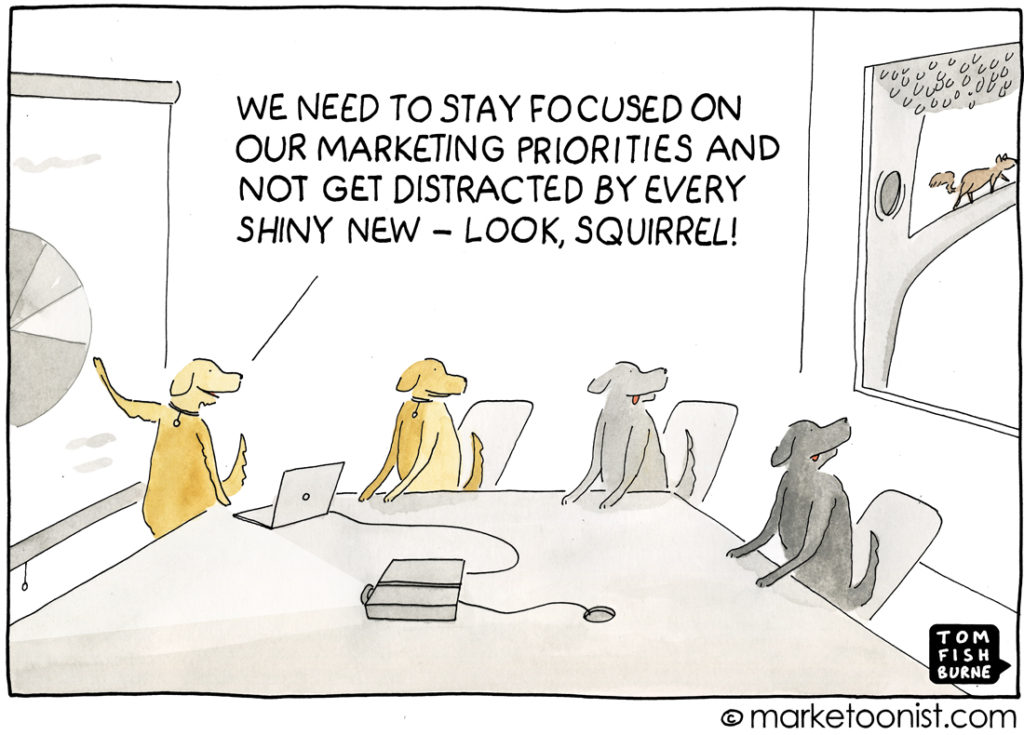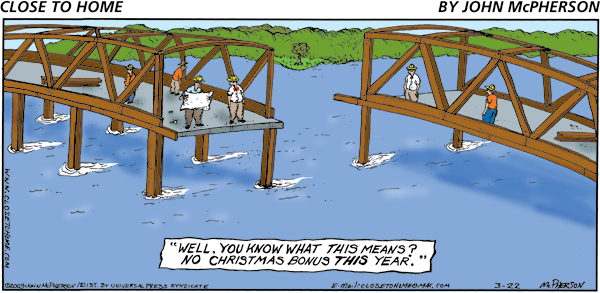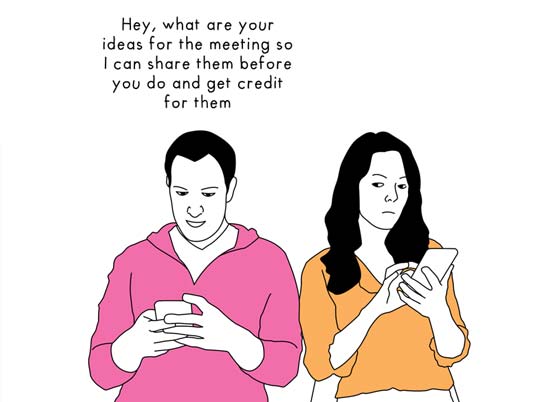 We human beings must also be human doers. We need to be productive. Most of us have jobs which require results, but even if you’re retired or in a situation in which your spouse provides the household income, you need to be useful to the world. Your sense of well-being is highly dependent upon consistently engaging in meaningful work.
We human beings must also be human doers. We need to be productive. Most of us have jobs which require results, but even if you’re retired or in a situation in which your spouse provides the household income, you need to be useful to the world. Your sense of well-being is highly dependent upon consistently engaging in meaningful work.
Here are some suggestions on how to plan your work and maximize your efforts.
Do things sooner rather than later.
My boss is a famous author so he’s often asked to autograph his books. One day I walked into his office early in the morning and he had 50 books on his desk that he had been asked to autograph for our graduating seniors. He had just received the list of names of the graduates that morning. He said, “I’ve learned that when I’m asked to do something like this, it’s best just to do it quickly; get it done. I have a week to sign these books, but I’m doing it now.”
All work can be placed on a timeline. Sometimes immediate action is required but usually there is a longer timeframe in which work can be done. In these instances, you might as well do the work sooner rather than later.
-
- We know that IRS tax returns are due on April 15. Why not complete your return in February instead of waiting till the last moment?
- Your car is running rough. Why not take it to the shop today?
I lead the worship ministry at my church so every seven days my team and I are responsible for a 30-minute Sunday morning music set. The demand is constant and predictable: every seven days, 52 times a year. Early in my ministry I only worked a week or two in advance on the services, which created unnecessary hassle, tension, and less-than-desirable results. Now, we plan at least six months in advance.
Procrastination is seldom beneficial. Do things sooner rather than later.
Start with the most important, largest, and hardest tasks.
Prioritize your work: start with the most important things you need to do, the largest projects, the hardest tasks and those tasks that you are reluctant to do. Here are some examples:
- Most important—if my company doesn’t sell our products and services, we’ll go out of business. I need to focus on sales.
- Largest project—I need to get started on planning for my company’s annual conference.
- Hardest project—I must migrate to a new software program and I don’t know how to do that.
- Project I’m reluctant to do—I need to confront a team member about his attitude.
Start on these tasks. Work on one until it is finished or until you can’t make any more progress, then move to the next task and do the same. Keep cycling these projects through your work-flow until they are finished.
Finish small, simple tasks throughout the day, enjoying their brevity and simplicity.
Our daily to-do list normally includes simple tasks that don’t take much time (call the pharmacy and order a refill; respond to email; set a lunch date with a friend; walk the dog). Finish these simple tasks throughout the day; they will give relief from working on larger, harder, and more tedious tasks. You can even use them to “reward’ yourself for having prioritized more important items, and, they’ll help keep your momentum going.
Build a reward system into your workday.
Make deals with yourself that will reward you when you complete major tasks: “If I concentrate on my work for the next two hours, I’ll take a 15-minute break to play with my dog, or talk a walk, or get a cup of coffee, or read a book.” Put those carrots in front of the horse and he’ll run faster and farther.
Prioritize your work and do it sooner rather than later.
[reminder]What are your thoughts about this essay?[/reminder]

 I wrote this post while on a transatlantic cruise heading to the Iberian Peninsula. It took seven days to cross the pond. I love the seven days at sea because they offer hours to read, think, write…and to observe people (2,100 passengers and 999 crew members).
I wrote this post while on a transatlantic cruise heading to the Iberian Peninsula. It took seven days to cross the pond. I love the seven days at sea because they offer hours to read, think, write…and to observe people (2,100 passengers and 999 crew members). In Stephen Covey’s insightful book, The 7 Habits of Highly Effective People, one of the habits is to “start with the end in mind.” Before you begin a project, have a clear picture in your mind as to what the final product will look like. That’s good advice.
In Stephen Covey’s insightful book, The 7 Habits of Highly Effective People, one of the habits is to “start with the end in mind.” Before you begin a project, have a clear picture in your mind as to what the final product will look like. That’s good advice. Many organizations are hampered by unhealthy attitudes among team members, including: territorialism (defending one’s turf), the silo effect (lack of communication and involvement among different divisions), posturing and manipulation, lack of shared knowledge (reluctance to share best practices), and competition among team members (competition between an organization and other similar organizations is healthy, but competition within an organization is undesirable).
Many organizations are hampered by unhealthy attitudes among team members, including: territorialism (defending one’s turf), the silo effect (lack of communication and involvement among different divisions), posturing and manipulation, lack of shared knowledge (reluctance to share best practices), and competition among team members (competition between an organization and other similar organizations is healthy, but competition within an organization is undesirable).